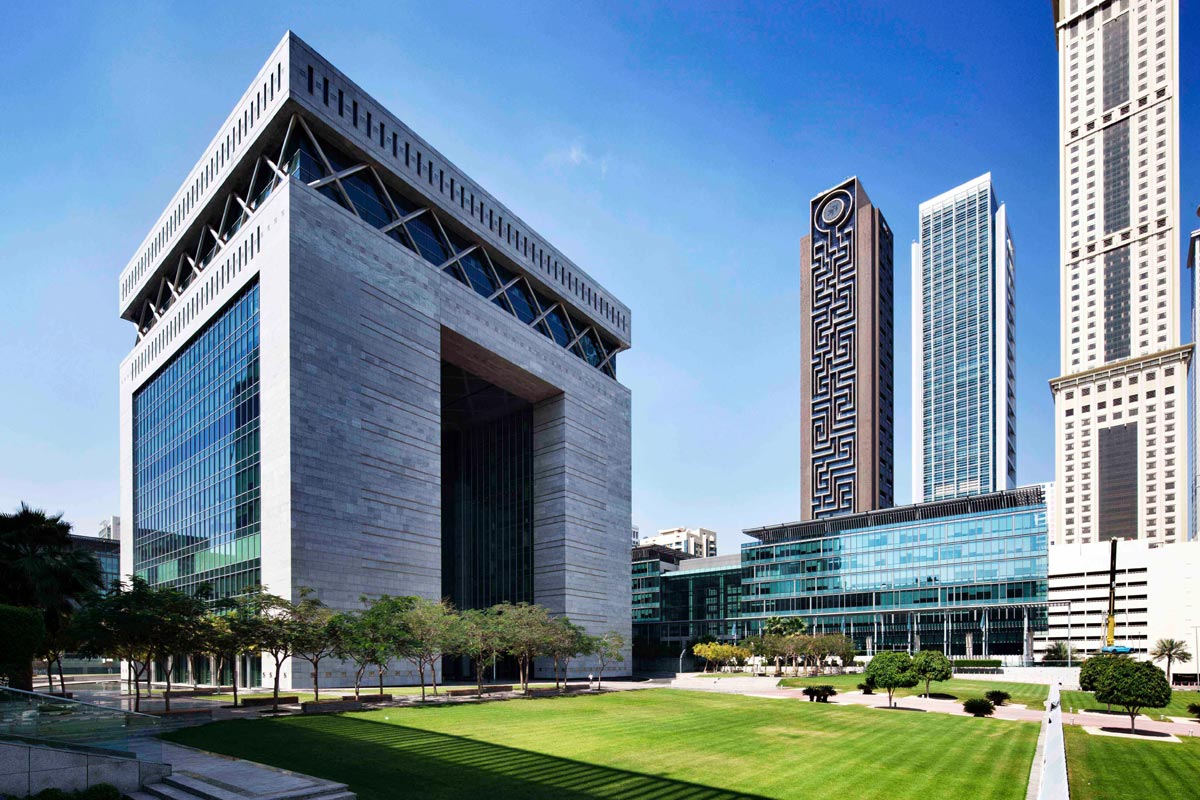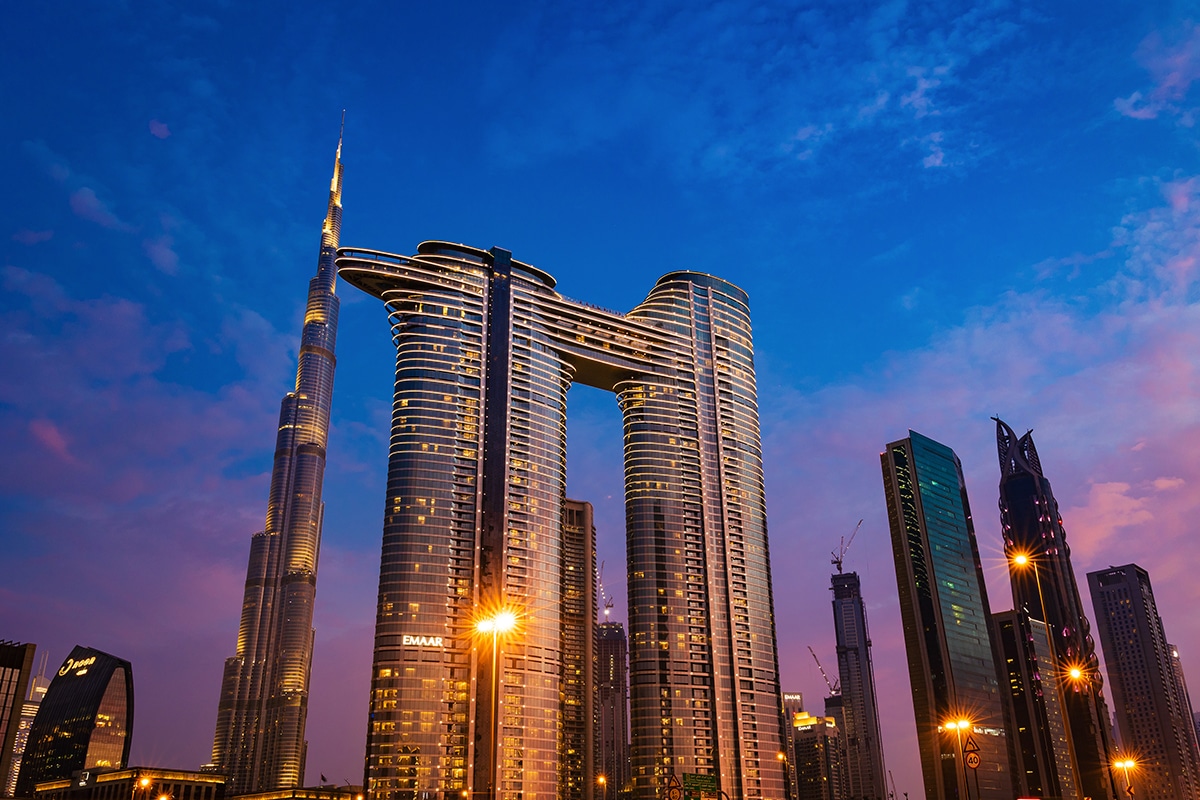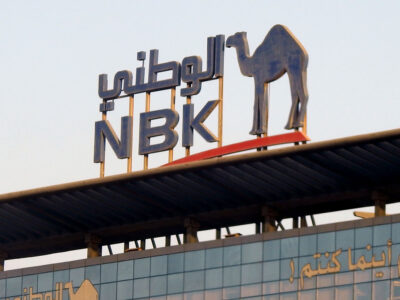Dubai’s allure as a global hub for the wealthy continues to grow, with a significant influx of high-net-worth (HNW) expats relocating to the emirate in recent years.
However, a new study by global wealth and asset management firm Lombard Odier has revealed a concerning lack of preparedness among these affluent expats when it comes to estate and succession planning.
According to the 2024 United Arab Emirates (UAE) Expat Study, a staggering 61 percent of HNW expats surveyed have not made any tax or estate planning arrangements for their children living abroad, putting their wealth transfer at risk. This oversight could have severe consequences, warned the company’s Head of Middle East International & Senior Executive Officer, Amer Malik.
“When wealthy individuals consider moving to the UAE, they often assume it’s a completely tax-free jurisdiction and may overlook the tax implications this move can have on their wealth transfer,” Malik told Arabian Business.
“Many high-net-worth expats typically have real estate or other investments abroad, so it’s crucial to take a holistic view of managing their assets across different geographies.”
The report, published on Thursday, emphasised the importance of succession planning, but Malik noted that expats tend to make common mistakes when passing on assets to heirs under UAE inheritance law.
Registering wills in the UAE
One significant oversight is failing to register a will, which is crucial for non-Muslims to utilise the ADGM or DIFC jurisdictions, particularly for assets located in the UAE.
Last year, the UAE established the DIFC’s Family Business and Private Wealth Centre and implemented its Family Arrangements Regulations, in a move that Malik said was a “pivotal development.” Since then, it has been used by several expat families for estate planning endeavours.

These regulations streamlined the process of establishing family offices in the DIFC, eliminating requirements to disclose information about held assets and shared ancestries. “This initiative aligns with Dubai’s broader aspiration to emerge as a global hub for affluent individuals,” Malik noted.
Further bolstering the emirate’s appeal, adjustments were made to inheritance laws, eliminating the automatic application of Sharia inheritance law on assets situated in the UAE.
Global tax implications
Another mistake is neglecting the tax implications of their global assets. The study reveals that only 27 percent of HNW expats are “very familiar” with the tax implications of wealth assets outside the UAE, and 52 percent are actively seeking guidance on wealth planning and taxation.
“Without a registered will, the distribution of assets defaults to UAE inheritance laws, which may not reflect their personal wishes,” he said. “Expats often underestimate the necessity of proper documentation and legal advice.”
“Many mistakenly assume that their home country’s laws will automatically apply, which is not the case. Professional guidance on international tax and estate planning is essential to avoid unexpected liabilities and ensure a seamless transfer of assets to heirs.”
The report also highlights the challenges faced by expats in transferring wealth across borders, including difficulty in finding the right wealth manager (cited by 48 percent of respondents), language barriers and differences in business culture (37 percent), and concerns over market fluctuations or geopolitical risks (23 percent).

Despite these challenges, the UAE holds strong appeal among Western expatriates, with high quality of life and attractive investment opportunities cited as the top two reasons for moving to the region. A quarter of expats also stated their desire to settle in the region permanently, a figure that rises to 49 percent among those aged 51 and above.
To address the need for expert guidance, 53 percent of HNW expats in the UAE rely on private banks for estate planning, indicating strong trust in these institutions for financial security. This figure increases to 65 percent among those in higher wealth brackets and aged 51 plus.
“At Lombard Odier, we have dedicated wealth and tax planning teams who work closely with clients,” Malik explained.
“We initiate discussions and guide them through the process, leveraging our expertise in legal and tax frameworks across various jurisdictions. While we provide guidance and support, we also recognise the importance of bringing in experts when needed, especially for specific tax advice.”
Dubai attracts the world’s wealthy
Looking ahead, Malik expects Dubai to continue attracting the world’s wealthy, especially Western expats, driven by factors such as abundant investment opportunities, a safe and secure environment, a high quality of life, and the UAE’s implementation of economic, legal, and social reforms, such as amendments to the golden visa initiative.
“The ease of setting up businesses and favourable tax laws further contribute to Dubai’s appeal, particularly for wealthy families as well as younger HNWs seeking to establish startups or tech ventures,” Malik said.
“This aligns with Dubai Economic Agenda (D33) for a knowledge-based economy and its efforts to position itself as a hub for innovation and technology.”

As the UAE solidifies its position as a global wealth management hub, the need for expert guidance and tailored solutions becomes increasingly paramount. Lombard Odier, with its 60-year legacy in the Middle East and growing presence in the UAE, including offices in Dubai and Abu Dhabi, is well-positioned to guide its clients through the changing landscape and offer customised solutions.
“We’ve observed a substantial increase in both the quantity and quality of wealth, not only from the Western countries, but increasingly from the East as well, particularly from jurisdictions such as India, China, Hong Kong and Singapore,” Malik said.
“Lombard Odier is well-positioned to guide our clients through the changing landscape and offer tailored solutions, leveraging our extensive experience spanning over 225 years and navigating through more than 40 financial crises.”









